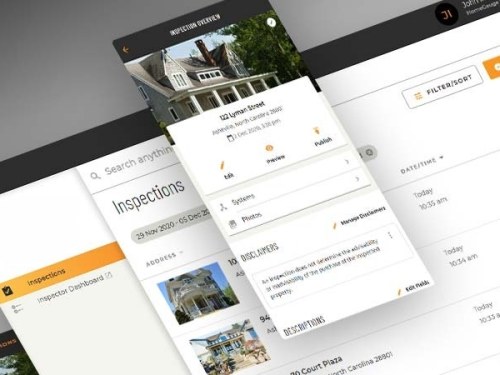In the competitive real estate landscape, property management can pose significant challenges, particularly when it comes to maintaining properties efficiently. The traditional methods of managing maintenance requests and tracking property issues often lead to delays, miscommunication, and frustrated tenants. However, the advent of efficient maintenance software has revolutionized the way property managers handle these tasks, ultimately streamlining operations and enhancing tenant satisfaction.
Efficient maintenance software provides a centralized platform that simplifies the process of submitting, tracking, and resolving maintenance issues. Tenants can easily report issues through an intuitive interface, often via mobile apps or online portals, which ensures that no request is overlooked. This immediate channel of communication fosters a sense of empowerment among tenants and significantly reduces response time.
Once a maintenance issue is reported, property managers can utilize the software to track its status in real-time. The software typically allows users to prioritize requests based on urgency, ensuring that critical issues—like plumbing emergencies or heating failures—are addressed promptly. This systematic approach not only streamlines maintenance workflows but also enables property managers to allocate resources more effectively, reducing downtime and operational costs.
Moreover, efficient maintenance software often includes features that automate routine tasks. For example, it can generate reminders for scheduled maintenance, such as HVAC servicing or pest control. By utilizing scheduled maintenance triggers, property managers can prevent small issues from escalating into costly repairs while also extending the lifespan of property assets.
Reporting and data analysis features are additional benefits of maintenance software. Property managers can generate reports on maintenance history, response times, and tenant feedback, enabling them to identify trends and areas for improvement. This data-driven insight can inform future maintenance strategies, enhance service delivery, and ultimately improve tenant retention.
Integration with existing property management systems also enhances the effectiveness of maintenance software. By linking maintenance tracking with accounting, leasing, and tenant communication functions, property managers can maintain a cohesive approach to management, thereby improving overall efficiency.
In conclusion, adopting efficient maintenance software can significantly streamline property management. By facilitating quick communication, automating tasks, and providing valuable data insights, property managers can enhance operational efficiency, reduce costs, and improve tenant satisfaction, positioning their properties for long-term success in a competitive market.

